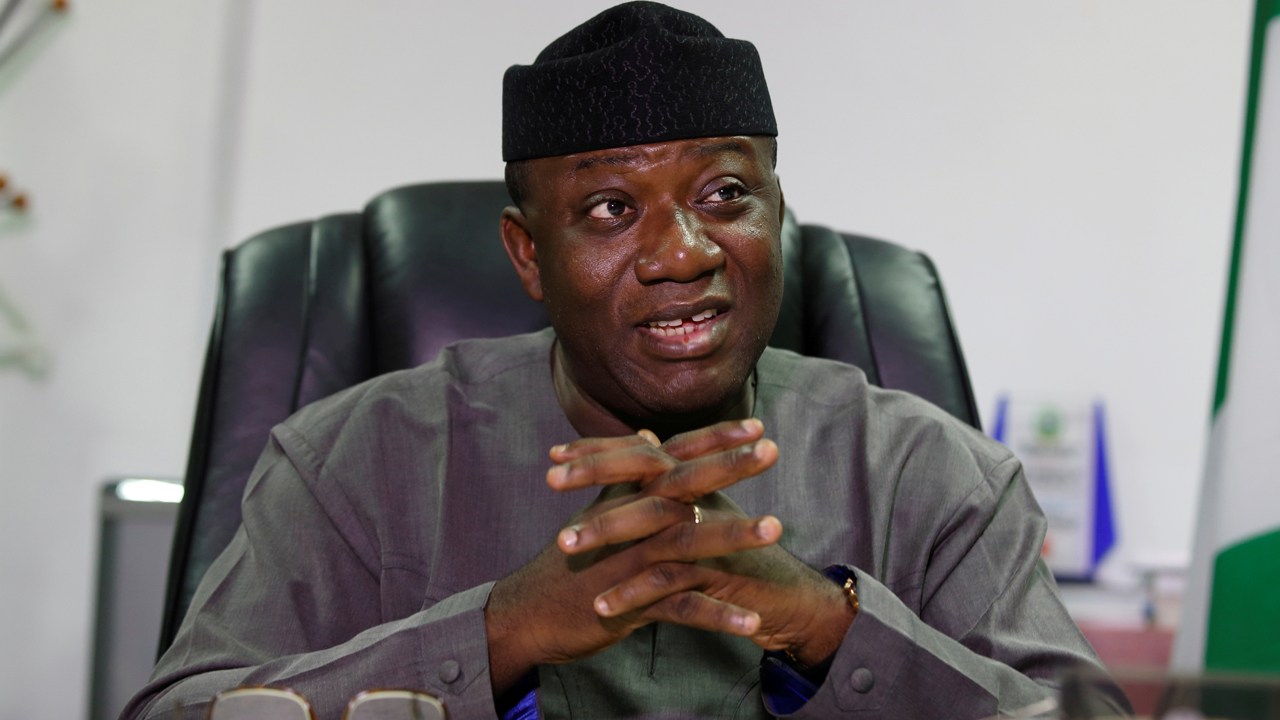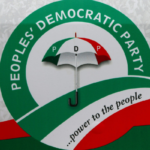The Nigerian Governors’ Forum (NGF) shocked Nigerians penultimate week when it recommended an increase in Premium Motor Spirit (PMS) price from the current exorbitant and disagreeable N162 per litre to prohibitive and unacceptable N405 per litre. The governors claimed the hike was contained in the report of a committee headed by Kaduna State Governor, Malam Nasir el-Rufai, which weighed all the variables around the deregulation of the downstream sector of the oil and gas industry, and concluded that the price increase would be of ultimate benefit to the masses. The committee asked the federal government to purchase 113 buses to cushion the effects of the price increase.
Elaborating further, the Chairman of the NGF, Dr Kayode Fayemi, churned out misleading statistics, with an argument that fuel price is higher in neighbouring West African countries, meaning if other African countries live without fuel subsidy, the Nigerian masses should be able to cope without the subsidy. There is nothing creative or ingenious about the El-Rufai committee’s recommendations, as what it produced are recycled ideas about how the rich benefit from petroleum subsidy, which should have been deployed for the provision of social services.
- Customs repels attack as Yoruba nation agitators ‘open’ Idiroko border
- Menstrual Hygiene Day: Secondary school girls want pads made free
However, the chaos around petroleum product prices is the aggregate of the government’s failure to diligently implement its own policies and programmes. For instance, between 2003 and 2006 when the Obasanjo administration rolled out several intervention agencies, like the Petroleum Products Pricing Regulatory Agency (PPPRA) and Petroleum Equalization Fund (PEF), two cardinal objectives set out included, “making local refining one of the criteria for special consideration under the bidding for oil blocks in Nigeria, and laying the foundation for the nation to refine 50 per cent of its crude oil production locally by 2010 and 75 per cent by 2015.” Both the 2010 and 2015 deadlines set in the policy documents have not been attained. The turn-around maintenance of the country’s four refineries, which gulped $26.5 billion in 25 years, an average of $1.1 billion annually, has not led to the production of refined petroleum products locally.
Again, what happens to proceeds from the 445,000 barrels of crude oil allocated to NNPC daily for refining for local consumption?
It is a fact that petroleum subsidy is contaminated by corruption, but the political class knows those who have benefitted from it. When the Economic and Financial Crimes Commission (EFCC) probed subsidy fraud in 2012, the names that emerged were those of sons, daughters, wards, friends and business associates of high political officeholders. Instead of pursuing the cases to a logical conclusion to recover the looted funds, the government threw up its arms in helplessness, abandoning the cases in dubious circumstances.
No doubt, petroleum product prices are lower in Nigeria than they are in several non-oil producing countries. But that is not a tenable argument for fuel price increase in Nigeria. This country should compare its economic indices with those of other oil-producing countries, not those of poor African countries. For instance, the minimum wage in Nigeria cannot carry the new burden. In dollar terms, the minimum wage is $62.5, but in Angola, an oil-producing country, it is $102; Iran ($241.1), Kuwait ($247), Egypt ($110.2), Saudi Arabia ($800). We cannot build something on nothing; we cannot play the ostrich by pretending that we have the right environment for an increase in fuel tax when in reality there is none.
Governors’ recommended increase in petroleum prices is borne out of selfishness – because there is little or nothing for them to share from NNPC’s receipts. But they have themselves to blame. The aggregate of the Buhari administration’s fiscal and monetary policies have impoverished Nigerians so much that we can hardly breathe. There is rarely any stabilization fund to cushion the effects of high oil prices; personal savings in banks do not yield interest; the Naira has been hopelessly devalued to about N480/$1 from about N169/$1 when Buhari came into power in 2015. The Foreign Exchange reserve is abysmally low. The inflation rate is abhorring, making the standard of living far below what it was in the 1980s. Budget deficits, with the astronomical rise in debts, discomforts Nigerians today and mortgages the future generation.
We encourage the government to, first of all, tackle corruption in the oil and gas sector, deal with petroleum smuggling, and put the country’s refineries in order. Without these, a higher petroleum price is akin to pilling an unbearable burden on hapless and impoverished Nigerians in order to fund the vanities of state governors and politicians in general.

 Join Daily Trust WhatsApp Community For Quick Access To News and Happenings Around You.
Join Daily Trust WhatsApp Community For Quick Access To News and Happenings Around You.


